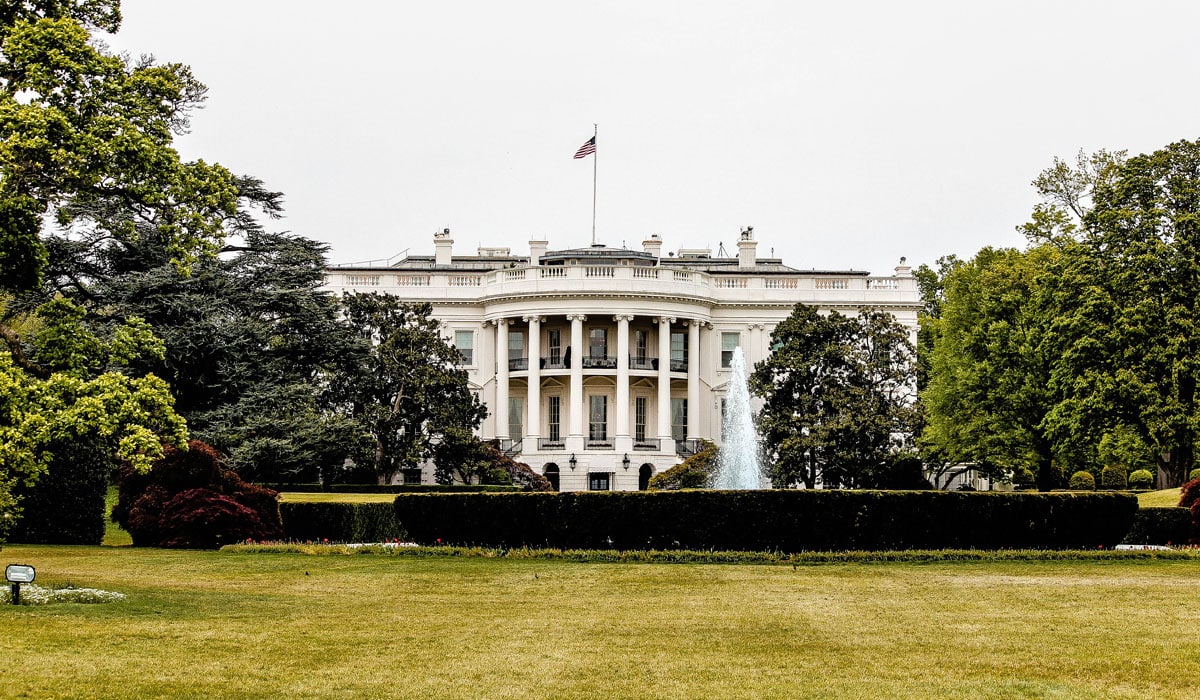Congress voted to extend the deadline of the Paycheck Protection Program, with more than $130 billion still remaining.
The Senate first approved the move, followed by the House of Representatives. The legislation will next head to the desk of President Donald Trump, who is likely to sign it into law.
The previous deadline was June 30, but the bill would push it to August 8. As of June 30, 4.9 million loans worth $521 billion have been approved. The average loan size is $107,199 and 5,459 lenders are participating.
The program has been the main source of funding for restaurants, although several operators have described the program as insufficient.
Many criticized the eight-week forgiveness period, which didn’t give enough time for restaurateurs to rehire employees and reopen. In June, Congress voted to extend that period to 24 weeks. In addition, the payroll ratio requirement was cut from 75 to 60 percent, the repayment period was increased from two years to five years, the rehiring deadline was extended to December 31, and payroll tax deferment was allowed for recipients.
Amid discussions about the extension, federal government officials have also suggested ways to reappropriate the remaining billions of dollars.
Treasury Secretary Steve Mnuchin suggested that the $130 billion could target the hardest-hit businesses that can prove a drop in revenue, using restaurants and hotels as examples. He said there is bipartisan support for such a measure.
Operators have continually called for funds specific to the industry.
Democratic Rep. Earl Blumeanuer from Oregon introduced the RESTAURANTS Act, which would establish a $120 billion fund for foodservice or drinking establishments that aren’t publicly traded or part of a chain that includes 20 or more locations under the same name. The funds would provide grants to restaurants and bars and prioritize locations with annual revenues less than $1.5 million. The money is intended to target small, local restaurants, particularly those owned by women and people of color. The dollars would cover typical costs such as payroll, benefits, mortgage, rent, utilities, maintenance, supplies, food, and debt obligations.
Compass Lexecon, an economic consulting company, estimated that Blumeanuer’s legislation would grow the economy up to $271 billion and reduce the unemployment rate by an estimated 2.4 percentage points.
The bill becomes even more crucial for restaurants as states roll back reopening plans due to rising COVID cases. California shut down dining rooms in more than a dozen counties for at least three weeks, New York City delayed the return of in-restaurant service, and Texas reduced its capacity limits from 75 percent to 50 percent.
“The unpredictable closures of bars and restaurants over the past week will continue, and is exactly why momentum is growing for the RESTAURANTS Act,” the Independent Restaurant Coalition said in a statement. “America’s 500,000 independent restaurants and the five million farmers, distillers, fisherman, and meat purveyors that supply them are uniquely impacted by COVID-19. The fewer people restaurants can safely serve, the less likely they can keep their doors open permanently and employ over 11 million Americans for months and years to come. Today’s extension of the Paycheck Protection Program is an important short-term tool for all small businesses, but there’s no telling how long this crisis will last or how many more cities and states will be forced to close their businesses again.”
A couple of months ago, the National Restaurant Association asked Congress for a $240 billion recovery fund, which is equal to the projected amount of losses in the industry by the end of 2020.













